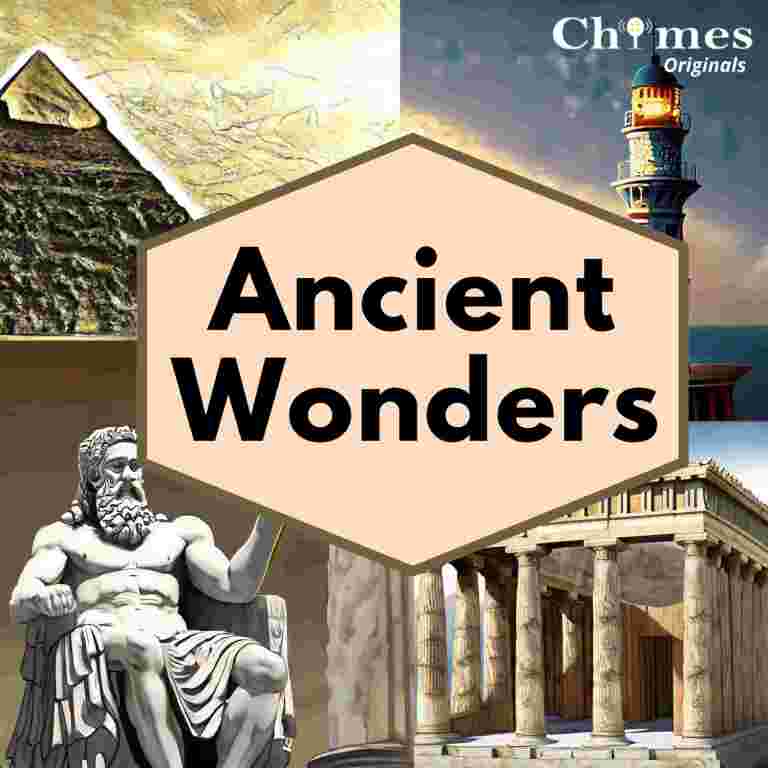5 World-Famous Indian Plays That Redefine Theater
Indian playwrights have made remarkable contributions to the world of theater, crafting stories that captivate audiences with their compelling narratives and thought-provoking themes. In this blog, we’ll delve into five world-famous Indian plays, each of which has left an indelible mark on the global stage.
1. "Dak Ghar" by Rabindranath Tagore (1911)
One of Rabindranath Tagore’s most celebrated and world-famous plays is “The Post Office” (Bengali: “Dak Ghar”), which was originally written in 1911. This poignant and evocative play is a poignant exploration of the human condition and the limitations of life, set against the backdrop of a remote and isolated post office in rural Bengal.
In “The Post Office,” the central character is a young boy named Amal, who is confined to his bed due to a terminal illness. Amal’s only connection to the outside world is the post office, where he eagerly awaits letters from his estranged father. Through the interactions with the postmaster, Amal’s world expands, as he yearns to experience the adventures and stories conveyed in the letters he receives.
The play delves into themes of longing, isolation, and the power of imagination. It beautifully captures the essence of human aspirations and the yearning for a life beyond the confines of one’s physical limitations. Tagore’s lyrical and poetic language infuses the play with a deep sense of emotion, making it a timeless masterpiece of Indian and world theater.
Dharamvir Bharati’s ‘Andha Yug’ is a powerful and poignant play that delves into the aftermath of the Mahabharata war. Written in the aftermath of the partition of India, the play explores themes of violence, destruction, and the futility of war. Bharati’s work is a thought-provoking examination of the consequences of human conflict and the cycle of violence.
‘Andha Yug’ unfolds in the form of a tragic Greek drama, with characters grappling with their actions and the moral dilemmas that arise in the aftermath of a devastating war. The play raises profound questions about the nature of good and evil, and the responsibilities of individuals in times of great turmoil. It is a timeless work that continues to resonate with audiences around the world.
3. "Hayavadana" by Girish Karnad (1971)
Girish Karnad makes a second appearance on this list with his play ‘Hayavadana.’ This play, inspired by the works of renowned playwrights like Thomas Mann and the folk traditions of India, is a unique and innovative exploration of identity and the human condition. At its core, ‘Hayavadana’ tells the story of two friends, Devadatta and Kapila, who both love the same woman, Padmini. Tragedy strikes when Devadatta’s head is swapped with a horse’s head in a bizarre twist of fate. The play grapples with questions of identity, love, and the search for completeness.
Karnad’s use of folk elements, such as the concept of a “head swap,” adds a layer of surrealism and symbolism to the narrative, making it a truly unforgettable Indian theater experience.
4. "Nagamandala" by Girish Karnad (1988)
Girish Karnad’s ‘Nagamandala’ is a fascinating exploration of folklore and the power of storytelling. Set in a remote Indian village, the play weaves a tale of love, desire, and transformation. The story revolves around Rani, a neglected wife who finds solace in a magical folk tale about a shape-shifting cobra.
‘Nagamandala’ blurs the lines between reality and fantasy, with the cobra from the folk tale becoming a central character in Rani’s life.
The play is a compelling examination of the role of storytelling in human existence and the way in which narratives can shape our perception of reality. Karnad’s masterful use of language and symbolism in ‘Nagamandala’ has earned it a place as one of the most celebrated works in Indian theater.
5."Tughlaq" by Girish Karnad (1964)
“Girish Karnad’s ‘Tughlaq’ is a timeless masterpiece that explores the enigmatic personality of the 14th-century Sultan, Muhammad bin Tughlaq. Set against the backdrop of the Delhi Sultanate, the play delves into the complexities of leadership and power. Karnad, one of India’s most celebrated playwrights and a prominent figure in Indian theater, presents a riveting narrative that examines the consequences of idealism and ambition in the political arena.
In ‘Tughlaq,’ the character of Muhammad bin Tughlaq is portrayed as an intelligent yet misguided ruler who is ahead of his time. He attempts to implement progressive policies, including the introduction of a token currency and the shifting of the capital from Delhi to Daulatabad. However, his reforms are met with resistance and ultimately lead to chaos and suffering. The play is a reflection on the complexities of governance and the inherent contradictions within leadership.
These five world-famous Indian plays offer a rich and diverse tapestry of narratives, themes, and artistic expressions. From historical dramas to contemporary explorations of identity and folklore, these plays have not only left an indelible mark on Indian theater but have also garnered international acclaim for their thought-provoking content and artistic excellence. They remind us that the world of theater is vast and boundless, and the voices of Indian playwrights continue to resonate on the global stage, captivating audiences and sparking important conversations in the world of Indian theater.


Seven Ancient Wonders Of The World
Seven Ancient Wonders Of The World Listen To Ancient Wonders

Summary of William Shakespeare’s Plays
Enjoy Shakespeare’s Tales in 5 Minutes Download The App







